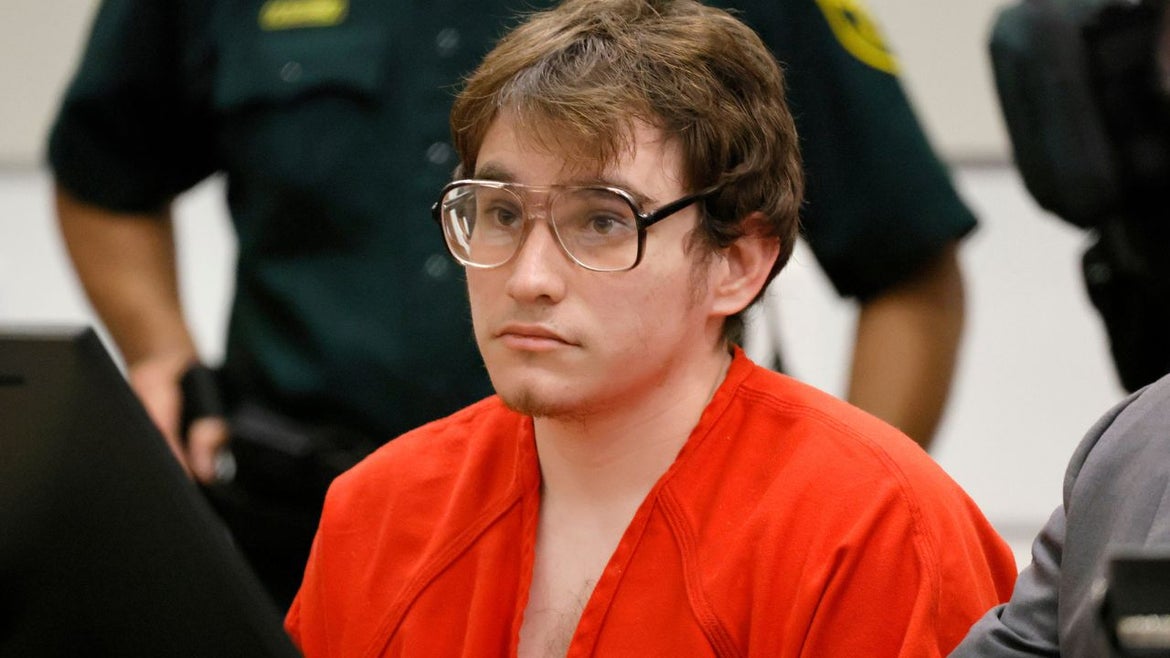The FBI released a 136-page report detailing they received tips about threats coming from Nikolas Cruz before the shooting at Marjory Stoneman Douglas High School in Parkland, Florida.
The FBI released the report on the Public Access Line Probe into Nikolas Cruz, the killer behind the Marjory Stoneman Douglas High School school shooting in Parkland, Florida.
An investigation was conducted in an attempt to understand the actions of the FBI when handling the tips it received about threats from Cruz prior to the shooting.
The 136-page report was produced after the FBI conducted an investigation into the actions of its office when it received information about threats from Cruz prior to the shooting.
The first tip was obtained by the 24-hour public tip line on Sep. 24, 2017, according to the report. Someone flagged a comment they received from a user on YouTube by the name of Nikolas Cruz that said “I’m going to be a professional school shooter.”
The YouTuber that gave the tip to the FBI told them he’d contact the FBI again if he received any more posts, the report said.
The investigation into this tip was closed on Oct. 11, after both the initial receiving agent and their program manager concluded that it was not a threat, according to the report.
The next tip came on Jan. 5, 2018, just a little over a month before the shooting. It came from a call from a woman that believed Cruz might “shoot up a school” after posting alarming items on the internet.
The woman also told the tip line that she gave this same information to the Parkland PD, the report said.
Due to heavy redaction in the unclassified report, it is unclear the tip was deemed a national security threat.
The report detailed policies and procedures regarding the Public Access Line Unit. It showed that the tip line was focused on threats that pertain directly to the United States Secret Service and did not regularly disseminate information to any other federal, state, local, or tribal entities.
Agents answering tips were more focused on quickly collecting information from callers, the report said, so they could move on to other calls rather than focus on the quality of the information they were collecting.











